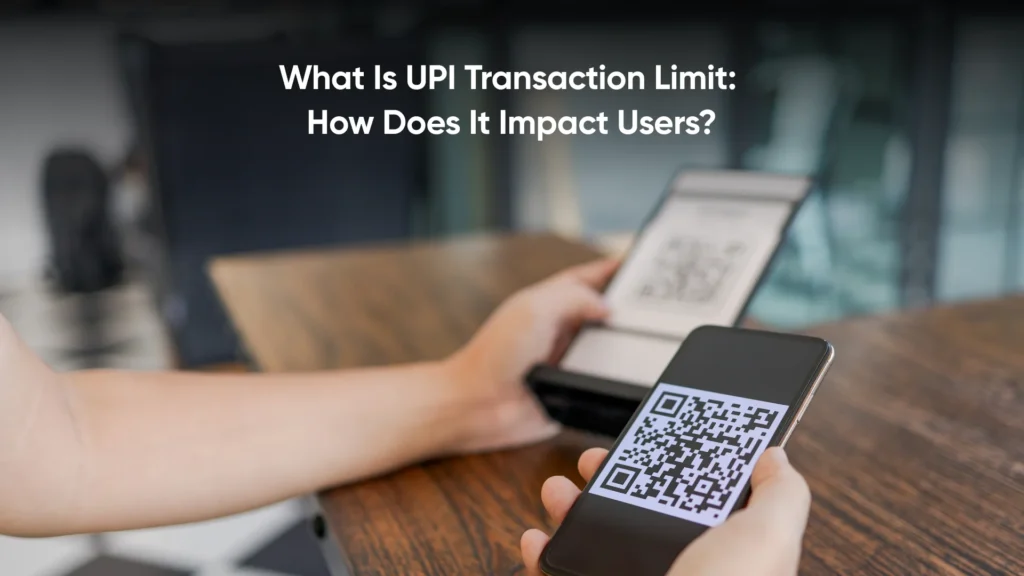How Much Personal Loan Can I Get with 10000 Salary?

Your monthly income is a key indicator of your repayment capacity and plays an integral role in determining your eligibility for a loan. However, with easy eligibility criteria and improved credit accessibility, you can even get a ₹10k salary personal loan.
If you’re someone who wants to avail a personal loan in ₹10000 salary, it’s important to understand it’s features, benefits, eligibility, interest charges, etc. before you even start your application. Keep reading this blog and find out all there is to know about it.
Table of Contents
ToggleWhy is a Low Salary a Concern?
When you apply for a personal loan, the first thing your lender will check your credit score, monthly income, and repayment history. A stable and high source of income instil confidence in lenders regarding your ability to repay the loan on time. This is why a low salary may pose a hurdle during the loan approval process. However, if you have a good credit score and a clean repayment history, you can increase your chances of getting approved.
EMI on a Personal Loan for 10k Salary for Tenures of 6-12 Months
When you borrow money from a lender, you have to pay it back with applicable interest and charges. And while there are different ways to repay the loan, the most popular one among them is paying them in the form of monthly instalments, also known as EMIs. This reduces your burden of repayment as the total outstanding amount is divided into small, manageable payments. And when you have your EMI plan handy, you can foresee all your upcoming expenses and create a budget accordingly.
Features and Benefits of 10k Salary Personal Loan
When you’re applying for a personal loan in 10000 salary, you’re more likely to get approved for small-ticket and short-term personal loans that are unsecured. And here’s why they can be the perfect solution to your immediate financial needs:
1. No Collateral:
Usually, personal loans for low salary are unsecured loans. This means that you don’t have to pledge any collateral like gold, jewelry, or any other assets against the money you borrow.
2. Flexible EMIs:
People with a salary of ₹10000 or lower usually qualify for small-ticket personal loans. Paying back your total outstanding amount in the form of EMIs further reduces the burden of repayment, making it more manageable.
3. No Documentation or Paperwork:
You don’t have to undergo any extensive documentation or paperwork when applying for a small-ticket unsecured loan. This makes your application process quicker and more convenient.
4. No Restriction on end use:
Whether you need the cash in a medical emergency or want to fund your travel plans, there’s no restriction on the end usage of a small-ticket personal loan.
5. Instant Approval and Quick Disbursal:
With the increase in the number of loan apps and online lenders, you can get approved for a personal loan and even receive the loan amount quickly.
How to Calculate EMI of Personal Loan for 10k salary
One of the good borrowing practices is to calculate your personal loan EMIs before even starting your application process. Doing this can help you create an effective budget, compare offers across various lenders and choose a repayment tenure that works for you.
There are 2 ways in which you can calculate your personal loan EMIs.
You can either calculate it manually by using this formula.
E = P x R x (1+R)^N / [(1+R)^N-1], where
P is the principal amount
E is your personal loan EMI amount
R is the monthly interest rate
N is the no. of months of EMI payment
Or you can use Zype’s user-friendly EMI calculator. Just enter your principal amount, interest rate and tenure and see what your monthly EMIs look like within seconds!
Also Read: Personal Loan EMI Calculator
Eligibility Criteria for Instant Loan on ₹10,000 Salary
All lenders have a set eligibility criterion on the basis of which they offer personal loans to borrowers. And while the criteria are different among different lenders, there are some common requirements that can qualify you for a personal loan.
1. Your age should be anywhere between 21 years and above.
2. You should have a stable source of income along with the necessary proof of income.
3. You should be an Indian with a valid PAN card and an Aadhaar card.
4. You should have a clean repayment history and a good credit score. However, there are lenders who offer personal loans to individuals who are new to credit.
Also Read: Personal Loan Eligibility
Documents Required to Get Loan on ₹10,000 Salary from Zype
To complete your personal loan application and get approved for a loan, you have to provide the required documents and information to the lender. And while different lenders have different requirements, these are some common documents you will need:
– Identity Proof like your PAN card, Aadhaar card, Passport, Driver’s license, etc.
– KYC documents like Aadhaar card, utility bills, Passport, etc.
– Income Proof like bank statements, salary slips, etc.
Also Read: Documents Needed for Personal Loan
Interest Rates and Charges on Loan for ₹10,000 Salary
When you take a personal loan, you incur some additional charges like interest rates, processing fees, prepayment charges, etc. These charges can be different for different lenders and in many cases, additional charges for foreclosure or prepayment may not even be applicable to your loan.
Fees and Charges | Amount Chargeable |
Interest Rate | The interest rate you’re charged on your personal loan depends on many factors like your credit score, monthly income, and repayment history. |
Processing Fees | A processing fee is charged to cover the administrative cost incurred by the lender while processing your loan. |
Penalty on Overdue EMIs | If you miss your EMI due date, you might have to pay an additional penalty and late fees will be charged on your total outstanding loan. |
Read More: Personal Loan Interest Rates & Charges
Factors That Affect Your Personal Loan Amount
1)Your Credit Score
Your credit score is a three-digit number that determines your creditworthiness and plays a significant role in determining your approved loan amount. A good credit score means you’re a low-risk borrower and can get approved for high-value loans at low interest.
2)Your Monthly Income
Your monthly income shows your personal loan repayment capacity to the lender. A stable and high source of income can help you get approved for a higher loan amount as it instils confidence in your lender that you will be able to repay your loans.
3)Your Work Experience
Different lenders have different eligibility criteria for loans. Depending on whether they offer personal loans to salaried or self-employed individuals, more work experience is usually seen as a green flag among lenders.
Frequently Asked Questions
While it might be a little difficult to get approval, there are many lenders out there who offer personal loan salary less than Rs. 10000.
Yes, while it might be difficult to find, there are lenders who offer personal loans to individuals who are new to credit or have low CIBIL scores. However, you may have to pay higher interest on such loans.
The personal loan you can get on your 10000 salary depends on various factors like your credit score, repayment history and even the eligibility criteria of the lender.
These are some important factors that affect your personal loan eligibility:
- Your credit score Your age
- Your monthly income
- Your employment status
- Your repayment history
While it may be a little difficult to find, there are lenders available in the market who offer personal loans on a ₹10k salary without documents.













